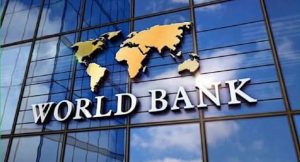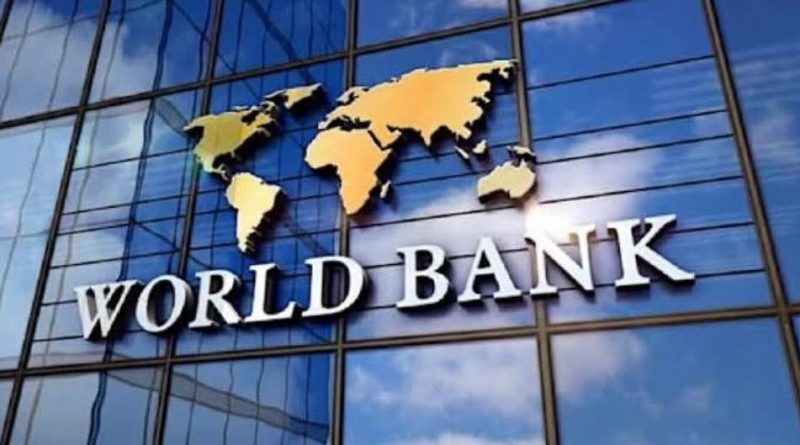World Bank: Nigeria’s Reforms Yielding Results but Yet to Improve Livelihoods
The World Bank says Nigeria’s economic reforms are beginning to stabilise key indicators but have yet to make a meaningful impact on the lives of millions of citizens still grappling with inflation and poverty.
In its Nigeria Development Update released on Wednesday, the Bank acknowledged that the federal government’s reform agenda under President Bola Tinubu has recorded progress in economic growth, fiscal stability, and external reserves management.
World Bank Country Director for Nigeria, Mathew Verghis, commended the administration for taking “bold steps to stabilise the economy,” noting that the results are becoming evident. However, he cautioned that macroeconomic stability alone was insufficient.
“The true measure of success will be how these reforms improve the daily lives of Nigerians, especially the poor and vulnerable,” Verghis said.
The report credited the nation’s 3.9% GDP growth in the first half of 2025 to improved performance in services and non-oil sectors, supported by moderate growth in agriculture and oil output. It also projected a decline in public debt for the first time in over a decade — from 42.9% to 39.8% of GDP — and predicted a stable fiscal deficit of 2.6%.
According to the report, Nigeria’s external reserves reached a six-year high, driven by increased non-oil exports and reduced oil imports, reflecting progress in external balance management.
However, the Bank expressed concern over persistent food insecurity and rising inflation, which have worsened the cost-of-living crisis. It noted that food prices have surged fivefold in the past five years, disproportionately affecting poor households that spend most of their income on food.
The World Bank praised the government’s bold but difficult decisions, such as fuel subsidy removal, exchange rate unification, and efforts to plug fiscal leakages, describing them as vital to restoring investor confidence and long-term stability. The institution also referenced support from the International Monetary Fund (IMF) and World Trade Organization Director-General, Ngozi Okonjo-Iweala, who described the reforms as “necessary and courageous.”
Despite the commendations, the Bank urged authorities to implement targeted social protection measures to cushion the impact of reforms on vulnerable citizens. It also recommended tackling food inflation by removing trade barriers, improving public financial management through greater transparency, and expanding social protection programmes nationwide.




